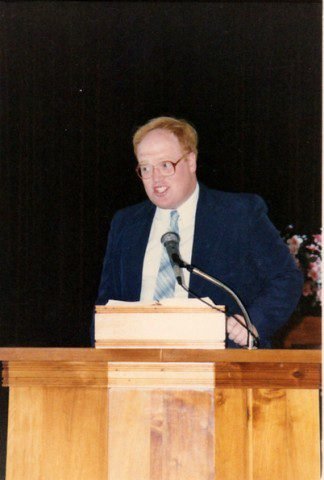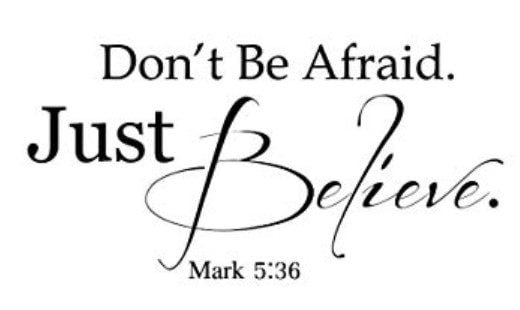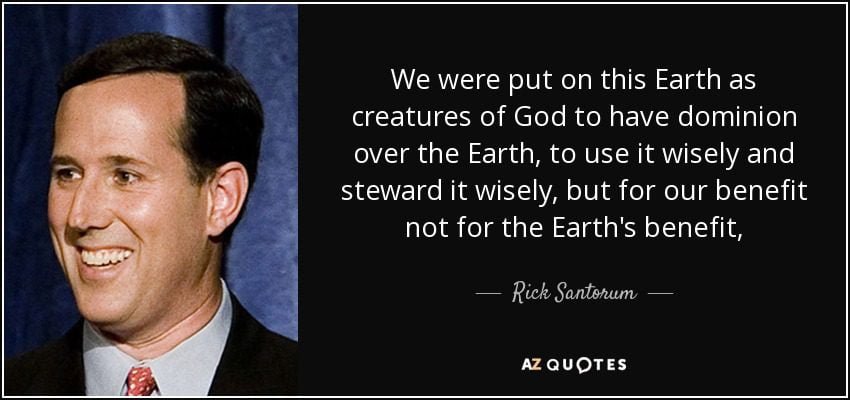
Listen to Evangelical preachers and, if you didn’t know any better, you would think White Republican Evangelicals were being executed in the town square. Claims of persecution are increasingly frequent from True Christians®, yet there is no evidence for such claims. What is happening, of course, is that Evangelicals — who are used to having a seat at the head of the cultural table and being the arbiters of what is and isn’t moral and ethical — are facing increasing challenges to their unwarranted, undeserved, preferential treatment. People who actually read and understand the history of the United States know that Christianity is a usurper, a ruler who has never been crowned king. Tired of religionists meddling in their lives and affairs of state, secularists are now demanding that Christians — Evangelicals, conservative Catholics, and Mormons, in particular — pack up their theocratic sideshow and go home. Preach and believe what you want, Christians, but keep it on your side of the wall of separation of church and state, secularists say. Worship God to your heart’s content, but whom we consenting adults fuck where, when, and how is none of your business. The same goes for the hot-button culture war issues that excite Evangelical passions. Ron DeSantis, who promises to make the culture wars central to his 2024 presidential campaign, will most assuredly claim that good, White Christians are being persecuted for their beliefs.
While certainly there are individual instances of persecution, such unjust treatment is rare and certainly is not the result of some sort of systemic, organized assault against people of faith. People are free to worship their chosen deity as they wish. No one, I repeat NO ONE, is hindered one bit from worshiping whom, when, where, and how they want.
I was an Evangelical pastor for twenty-five years. And I wasn’t just any old Evangelical preacher. I was an outspoken, in-your-face, meddler in the private lives of others and in the daily machinations of government and public education. I was, in every way, a Grade-A pain in the ass. When my preaching, beliefs, and behavior were challenged, I thought I was being persecuted for my faith. Was that really the case? Let me give you several examples, and you decide if the responses I received were indeed persecution.
For a number of years, I was a street preacher. I would go to fairs, community events, and outdoor activities and preach AT people. This behavior, of course, irritated the hell out people who just wanted to have a good time without being reminded of their “wickedness” and need of Baptist “salvation.” Sometimes, this would bring me in direct conflict with law enforcement. I was threatened with arrest more times than I can count. Was I being “persecuted” for my faith?
Several times a week, I would travel to nearby communities with a group of church members and children from our Christian school and do what I called “street ministry.” The group would hold signs with Bible verses on them and hand out tracts to passers-by while I stood on a nearby corner and “preached.” I saw myself as a modern-day Paul or John the Baptist — one crying in the wilderness. My ministry to the lost Christians of Newark, Zanesville, Lancaster, and points in between, caused a lot of controversies. I was threatened with arrest, and several local educators told me that they were going to have me investigated for using school children as part of our group. Was I being “persecuted” for my faith?
One year, I got into a squabble with the Ohio EPA. After I started Somerset Baptist Academy, the EPA showed up, saying that now that the church had a school, its water was considered a public water supply, requiring quarterly testing. Thanks to a gracious financial gift from Polly’s parents, we had a new well drilled. The previous well was considered a surface well, less than 25 feet deep. I thought, surely a 225-foot well would satisfy EPA requirements. Unfortunately, the new well was too close to the property line. The EPA threatened to order us to drill another well, but I stood my ground against those evil, communistic socialists out to destroy a gospel-preaching church. In the end, they bowed to my threatenings. Was I being “persecuted” for my faith?
As pastor of Our Father’s House in West Unity, Ohio, I decided to fight attempts to legalize alcohol sales in the town. West Unity was one of the last dry communities in Ohio. Boy, oh boy, did I wage war against those pagans who wanted to turn our beloved little corner of Nirvana into a hell hole! I enlisted several church members and other churches in my holy fight against evil, and when the votes were counted, Satan was defeated. Never mind the fact that I had thoroughly trashed my image and reputation among the unwashed, uncircumcised Philistines of the world. I cared not. All that mattered was showing everyone that my God and church were a power to be reckoned with. Several months later, I received a legal notice from the Ohio Attorney General saying that I was being investigated for allegedly breaking campaign regulations. Someone in West Unity had reported me for violating the law. I was found guilty and ordered to pay a fine. Was I being “persecuted” for my faith?
I could tell numerous other stories that illustrate what I believed was “persecution” by people who disagreed with my beliefs and actions. But, was I really being “persecuted?” Of course not. Yes, police officers were wrong — most of the time — to threaten me with arrest. I had a First Amendment right to be an asshole. Their response to me was out of ignorance of the law, not a desire to persecute me. Yes, I had countless people get in my face over my public street corner preaching. Were they persecuting me? Of course not. When you drag your theology into the public square and demand everyone worship your God and follow his laws under penalty of death and eternal damnation, people are going to get upset. While I had every right to preach my beliefs, my targets also had the right to respond in kind.
I learned long ago, that if you poke a bear, it’s going to respond. Sometimes, I poke the Christians bear with my anti-religion letters to the editor of the local newspaper. I know if I say certain things, the bears will be offended and respond. You can read their responses here. These Jesus-loving zealots have no problem with attacking my character and telling lies about me. Are they “persecuting” me? Nope. I don’t feel threatened, in the least.

Christian persecution in the United States, by and large, is a myth. The same can be said of atheist persecution. If anyone in our republic is being persecuted, it’s gingers. My God, have you read what people say about redheads!?
What was the most unbelievable, amazing magical power demonstrated in the Harry Potter movies? A ginger boy with two friends.
What’s the difference between a ginger and a snake? One is an evil, cold-blooded, venomous, slimy creature of Satan, and the other is a snake.
What’s the difference between a ginger and roadkill? There are skid marks in front of the roadkill.
What’s the difference between the Loch Ness monster and an attractive ginger? There are pictures of Nessie.
What’s red and white and peels? A ginger trying to tan.
How do you get a ginger to start an argument? Say something to him.
You have a gun with two bullets, and you find yourself in an elevator with a deadly viper, a serial killer, and a ginger. What should you do? Shoot the ginger twice.
What’s the difference with a ginger and a brick? At least a brick gets laid.
If Monday were a person, it would be a ginger.
The internet — so gingers can have friends too.
What’s the difference between a terrorist and a redhead? You can negotiate with a terrorist.
How do you get a redhead’s mood to change? Wait ten seconds.
What’s the difference between a redhead and a barracuda? Nail polish.
A ginger guy finds a magic lamp and when he rubs it a genie pops out. The genie is a bit fed up but says, “Okay, you can have one wish. What do you want?” The ginger says, “I want a huge mansion with a thousand rooms and a hundred floors, all made of pure gold.” The genie looks at him and says, “Don’t be an idiot! Do you have any idea how much gold that would take? That’s impossible. You’ll have to pick something else.” So the ginger says, “Okay, I want everyone to stop laughing at me because of my hair color.” The genie says “So this mansion… Do you want ensuite bathrooms?”
Awful stuff. I have no doubt that gingers will someday be rounded up and forced to either dye their hair black or be executed. Now, that’s persecution . . . 🙂
Bruce Gerencser, 68, lives in rural Northwest Ohio with his wife of 47 years. He and his wife have six grown children and sixteen grandchildren. Bruce pastored Evangelical churches for twenty-five years in Ohio, Texas, and Michigan. Bruce left the ministry in 2005, and in 2008 he left Christianity. Bruce is now a humanist and an atheist.
Your comments are welcome and appreciated. All first-time comments are moderated. Please read the commenting rules before commenting.
You can email Bruce via the Contact Form.













